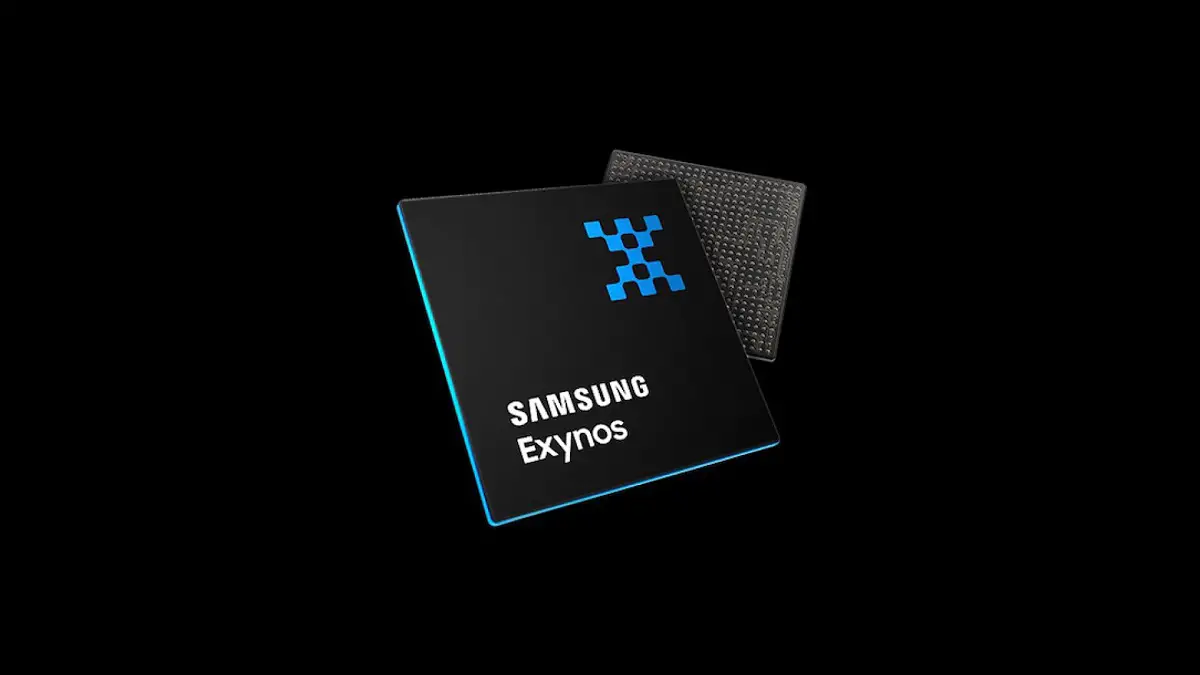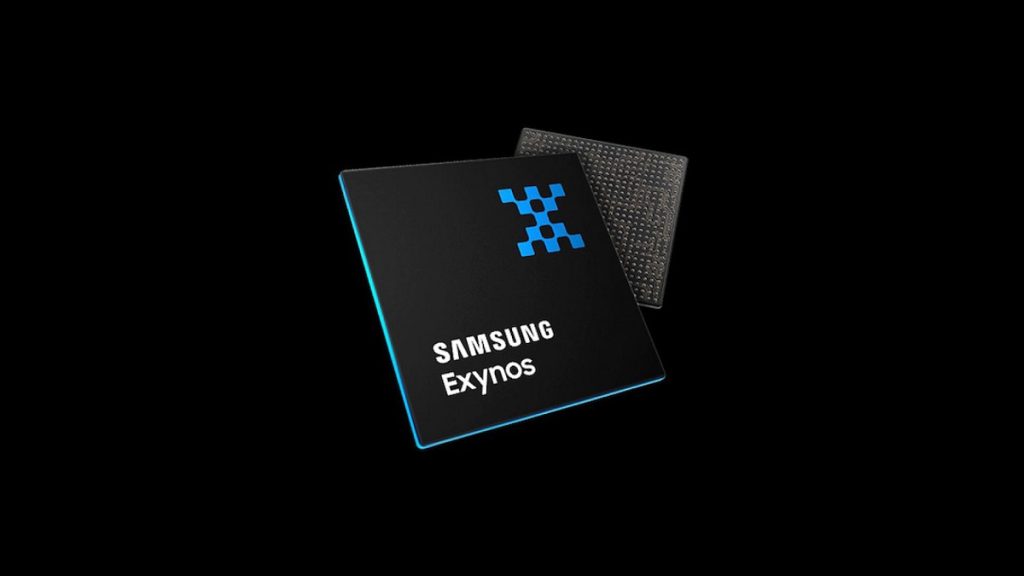
Earlier reports indicated that Samsung would maintain a dual-platform strategy for the Galaxy S25 series, offering versions with both the Snapdragon 8 Gen 4 and the Exynos 2500. However, the flagship Galaxy S25 Ultra will likely be available only with the Snapdragon 8 Gen 4. Rumors suggest that the Exynos 2500 exhibits commendable performance, with its CPU and GPU outperforming Qualcomm’s Snapdragon 8 Gen 3 in tests, and it successfully taped out last month.
According to Notebookcheck, analysts recently suggested that Samsung might be compelled to offer only the Snapdragon 8 Gen 4 version for the Galaxy S25 series. The reason cited is the Exynos 2500’s yield rates being “below expectations,” with persistent significant issues potentially forcing Samsung to abandon it.

This year, Samsung will introduce its second-generation 3nm process technology, known as SF3 (3GAP), which promises a 20% to 30% improvement in efficiency and density compared to the previous 4nm FinFET process. The Exynos 2500 is rumored to be Samsung’s first smartphone SoC to utilize the SF3 process, likely employing fan-out wafer-level packaging (FoWLP) similar to the Exynos 2400. Furthermore, the Synopsys.ai EDA suite, driven by full-stack AI, has optimized the CPU for ultimate peak performance with lower power consumption.
Despite Samsung’s extensive efforts, the long-standing yield rate issue seems to persist without significant improvement. The Exynos 2500 has yet to enter mass production, granting Samsung ample time to enhance its yield rates. Internally dubbed the “Dream Chip,” it seems unlikely that Samsung would entirely abandon the Exynos 2500.
Reports also suggest that the Snapdragon 8 Gen 4, manufactured using TSMC’s N3E process, will be priced 25% higher than its predecessor, the Snapdragon 8 Gen 3, at approximately $250. Samsung has consistently aimed to incorporate more Exynos chips to reduce smartphone costs. For the Galaxy S24 series, Exynos chips accounted for 40%, while Snapdragon chips made up 60%. If the Galaxy S25 series were to rely entirely on Snapdragon chips, Samsung would likely opt to increase product pricing.


